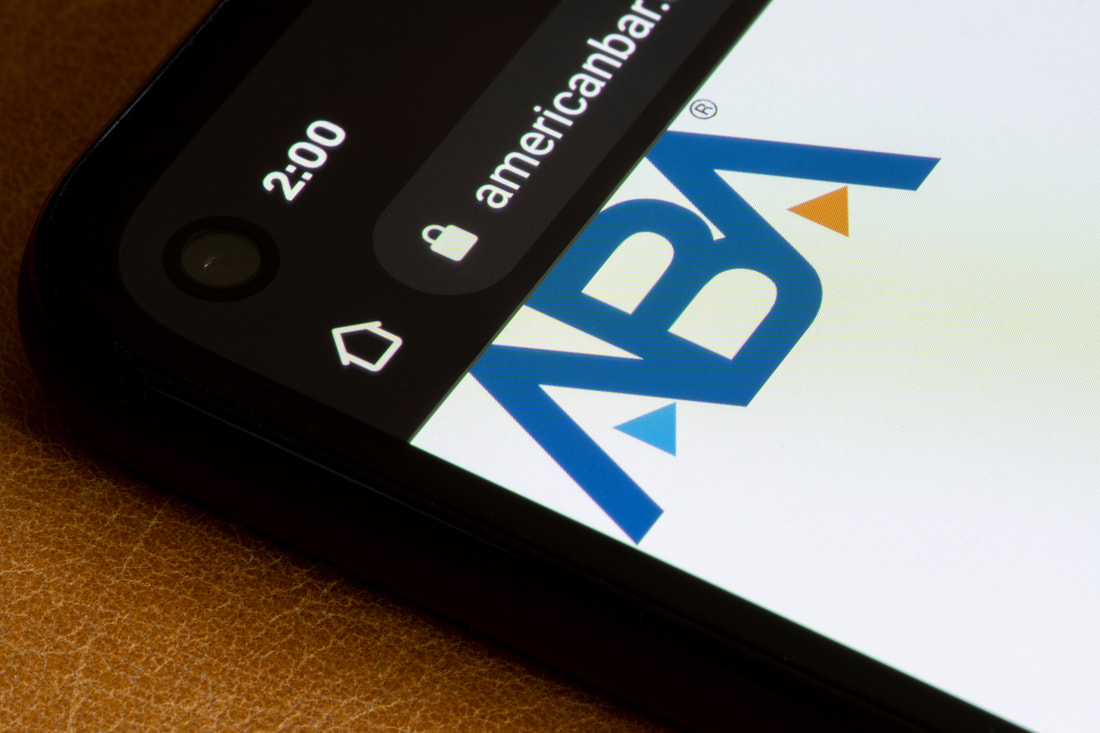|
The American Bar Association on Friday condemned recent actions from elected officials and advocacy groups that challenge law firms' diversity programs in light of the U.S. Supreme Court's decision overturning affirmative action, saying it is "deeply troubled" by these efforts.
"The legal profession needs to create a more diverse workforce," ABA President Mary Smith said in a statement. She noted that just 6% of lawyers are Hispanic despite making up 19% of the U.S. population. Similarly, only 5% of lawyers are Black, while they make up 13% of the overall population. "Diversity also is good for business and something more clients are demanding," she said. The ABA's statement came days after the American Alliance for Equal Rights sued Perkins Coie LLP and Morrison Foerster LLP separately in federal courts in Dallas and Miami on Tuesday, alleging that the law firms' fellowships dedicated to minorities amount to unlawful racial discrimination. The organization is fronted by Edward Blum, whose legal challenge culminated in the landmark U.S. Supreme Court ruling in June that struck down race-based admission practices at Harvard and the University of North Carolina. "It is regrettable that the ABA is endorsing employment practices that exclude certain applicants because they are the wrong race," Blum said in a statement to Law360 Pulse on Friday. "Lawyers should know that the law does not permit racial discrimination in order to achieve proportional racial outcomes in any profession." In the ABA statement, Smith said diversity, equity and inclusion programs "help remove the barriers that block the recruitment and retention of legal talent from underrepresented groups." "Efforts to open the opportunities in the legal field to underrepresented groups would be significantly damaged by the loss of diversity and pipeline programs," she added. Smith reiterated that the third of the ABA's four goals is to eliminate bias and enhance diversity, and the organization is committed "to the promotion of full and equal participation" in the association, the legal profession and the justice system. The suits stem from the high court's June 29 ruling in Students for Fair Admissions v. Harvard , which legal experts have said will usher in years of litigation concerning the use of affirmative action in workplace hiring. In the wake of the decision, Smith suggested Friday that the legal profession needs to review its programs and identify ways to comply with the law while promoting diversity, inclusion and equity in the profession. "Now is the time for law firms, law schools and employers to rededicate themselves to creating a more diverse and inclusive environment," Smith said.
0 Comments
Leave a Reply. |
HISTORY
April 2024
Categories |
© Walk 4 Change. All rights reserved.


 RSS Feed
RSS Feed